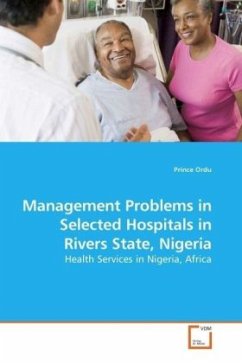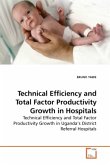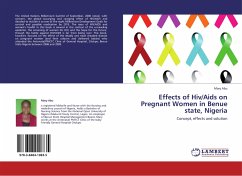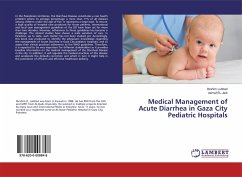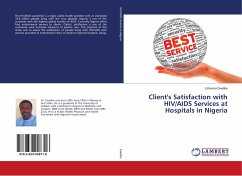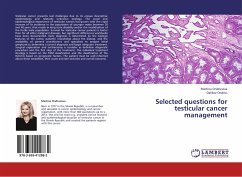This descriptive study examined the organizational pattern and operation of selected general hospitals located in Rivers State, Nigeria, in order to determine their degree of efficiency, sources of conflict, and methods of administrative control. Five hundred individuals were surveyed for this study. The participants included department heads and general staff employed in the hospitals, as well as patients. Three hundred and eighty-two questionnaires were completed with a return rate of 76%. The major findings of this study indicated that the hospitals lacked modern technology, and inadequate facilities adversely affected the quality of patient care. Also, conflicts between management and subordinates lessened the efficiency and productivity of the hospital workers. The results also indicated that general staff members were left out of decisionmaking. It was concluded that the hospitals should institute participative management, provide management training for individuals in supervisory positions, and initiate a conflict resolution program for employees. In addition, recommendations were made that hospital administrators raise more money.
Bitte wählen Sie Ihr Anliegen aus.
Rechnungen
Retourenschein anfordern
Bestellstatus
Storno

